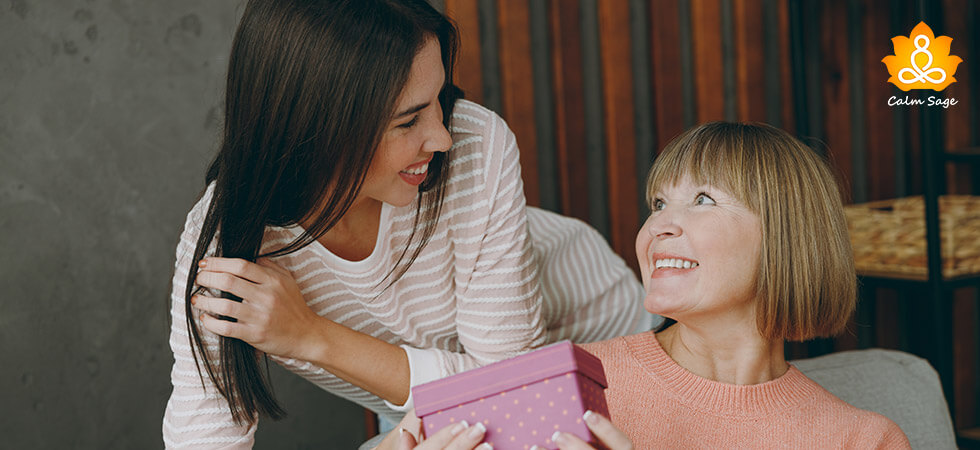Psychological Benefits of Cooking: Cook, Not Just for Taste Buds
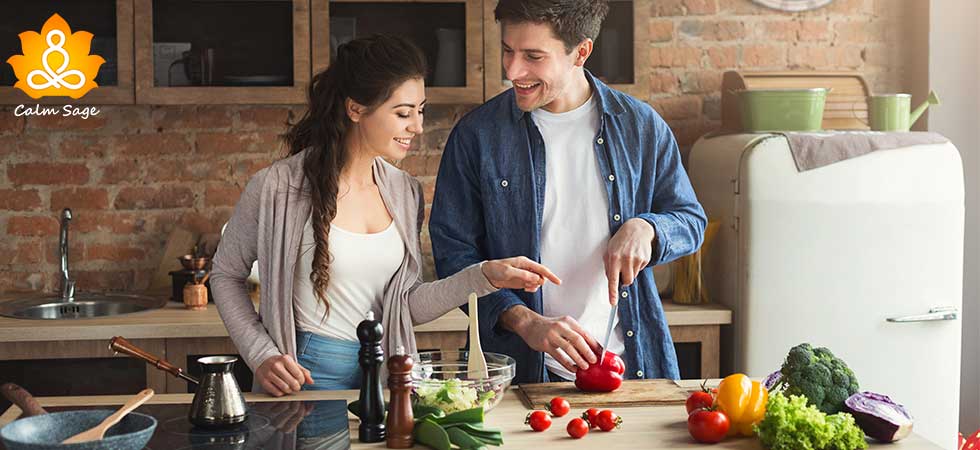
Cooking is Not just for polishing your culinary skills, feeding your taste buds, or even just satisfying your hunger, no. You can even enter your kitchen if you are just looking for motivation. Yes, cooking has many benefits and more meaning than just satisfying your tummy.
What if I told you that Cooking is helpful to improve your mental health means you can satisfy your mental and emotional self and not just your physical self. What all can you benefit from this ancient art of culinary apart from deliciously cooked food? Have a look.
Psychological Benefits of Cooking:
1. Enhances Creativity
Looking for alternatives, learning, experimenting, presenting, etc. Cooking can boost your creativity to a certain extent. The more you practice, the more you gain from this exercise.
You learn something new online and you learn a lot when you do it yourself. Put 2 and 2 together and there you have it. A totally new and creative dish that can be presented in a way you want. And the best part, it is original and totally yours.
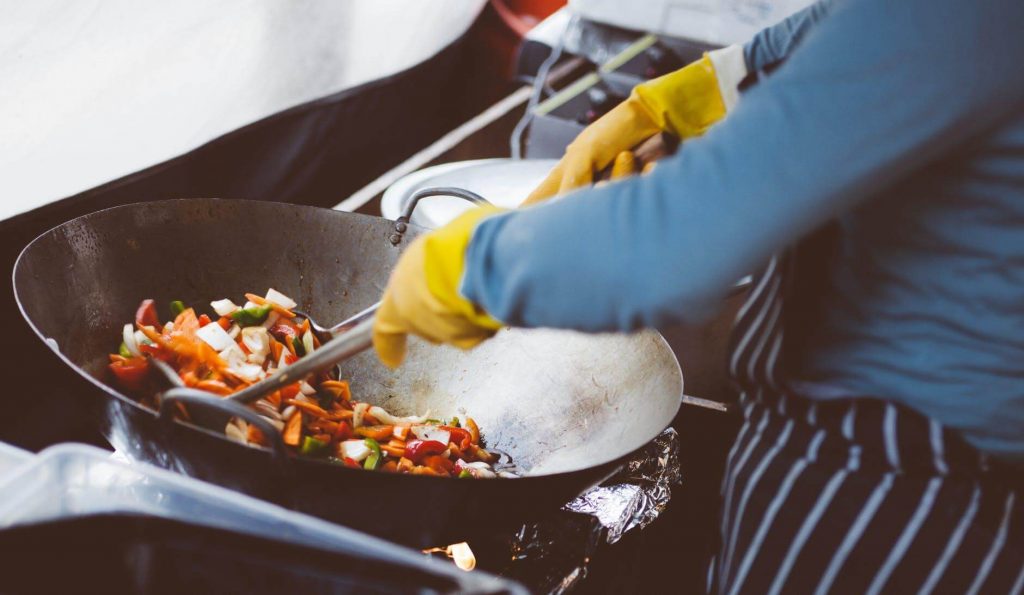
2. Improves Memory
Learning about spices and in the order they go in is one thing. But learning different kinds of recipes and memorizing them through practice is a totally different thing. It may not seem like learning a lot when you are doing it but as you practice this for years, you will have a lot of knowledge gathered.
And when you try to recall it again and again the neural connections strengthen creating a stronger memory that is hard to fade away.
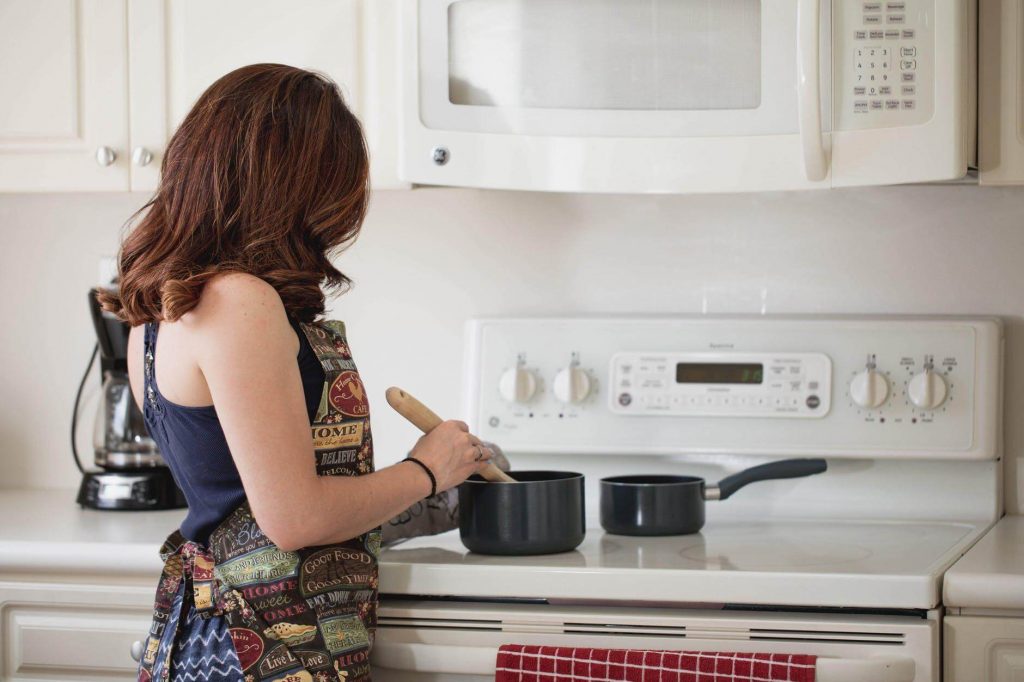
3. Saves Money
I am pretty sure that we all have experienced it. If you are going out to eat on a daily basis, I can’t and won’t say about your physical health but your fiscal health does decline. Eating out, in almost all cases, is quite expensive.
Moreover, researchers are more in favor of home-cooked food. They say that if you are cooking at home then you not only save money but also your mental health. If you are cooking on your own then it boosts your savings and fiscal health.
If you are a couple and decide to cook together then it can also help in developing relationships in a healthier manner. So you have got another reason to get up and light up the hot plate.
4. Improves Quality of Life
A study conducted in 2018 by scientists was based on all the data collected through therapeutic cooking. They found that people who cook their own food are better at performing in groups, have better interpersonal skills and learn quickly when they are involved in a cooking class.
This in turn reduced social anxiety, stress and improved socialization, self-esteem and even quality of life. The participants also felt more capable of achieving feats and felt better in the overall due course of their participation.
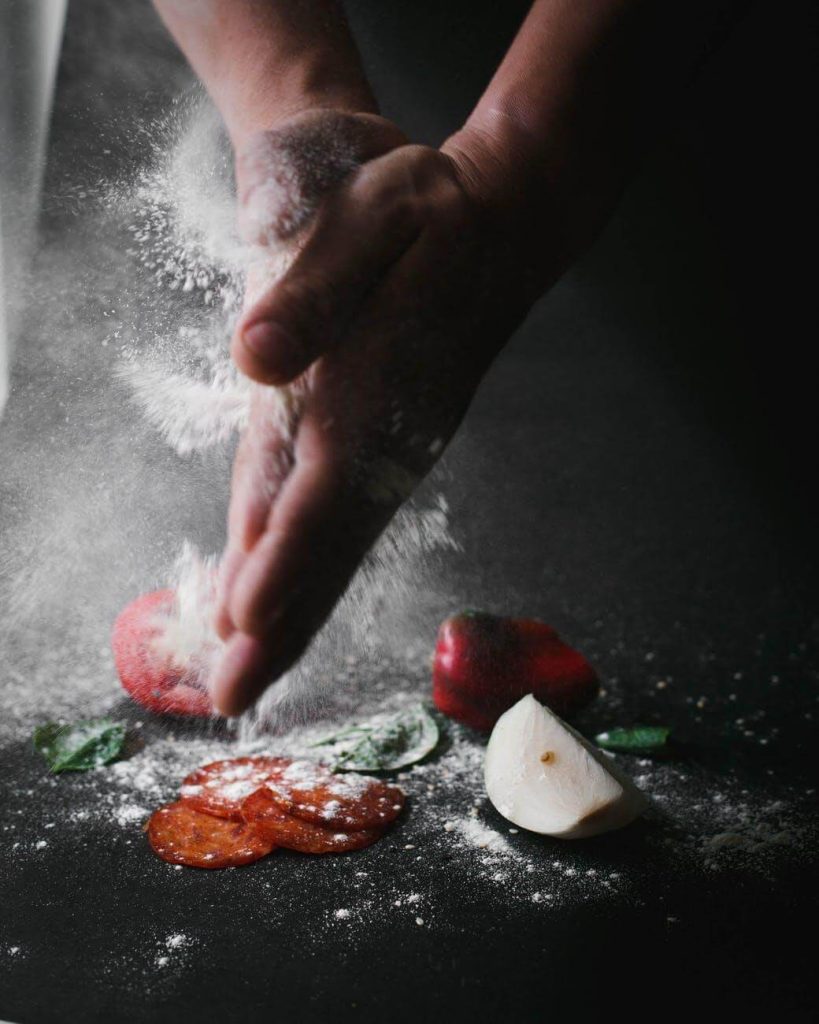
5. Cooking is Meditation
Yes, you read it right. Cooking can feel like a meditation practice. Have you ever noticed that whenever you get in the flow of cooking, you feel calm and more relaxed?
Many therapists have reported that their clients have told them that cooking feels different. It feels like they are in a totally different zone. It helped them eradicate negative thoughts, emotions, depression, stress, tension, etc. It helped them mentally, eased their thought process and also served as an outlet for emotions.
So these were some of the psychological benefits of cooking that I wanted to share with you. To be honest, I too recently started learning about cooking. It felt hard and confusing at first.
I was not very confident about what I was doing. But my trainer kept telling me that I will get it through practice and patience. No one is perfect when he or she starts.
The same message, I would like to convey to you as well. Even if you are just starting to learn, don’t get discouraged by initial failures. You will get it eventually!
Hope it helps.
Thanks for reading!
You May Like These Also:
What Are Different Types Of Anxiety Disorders?







